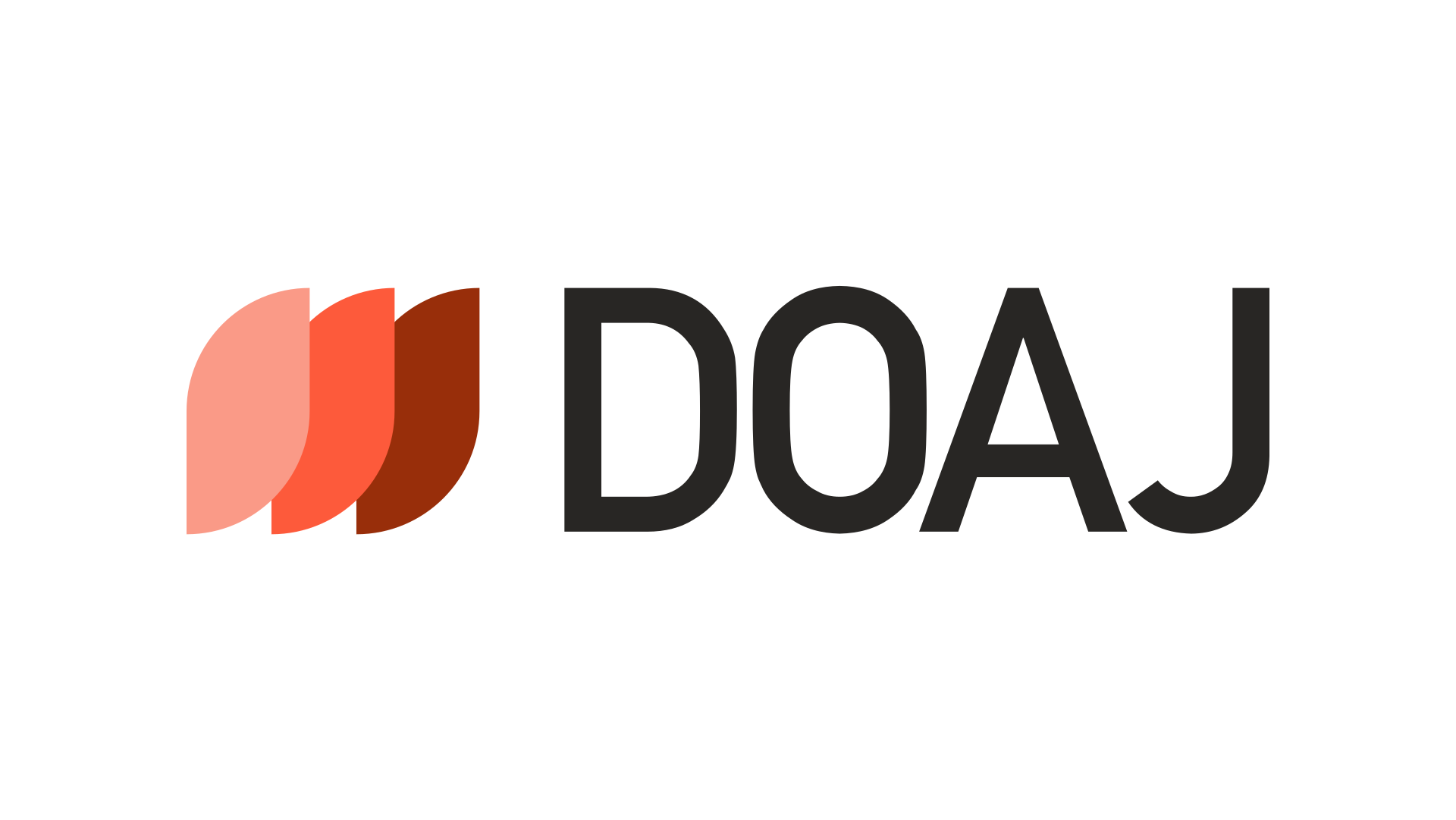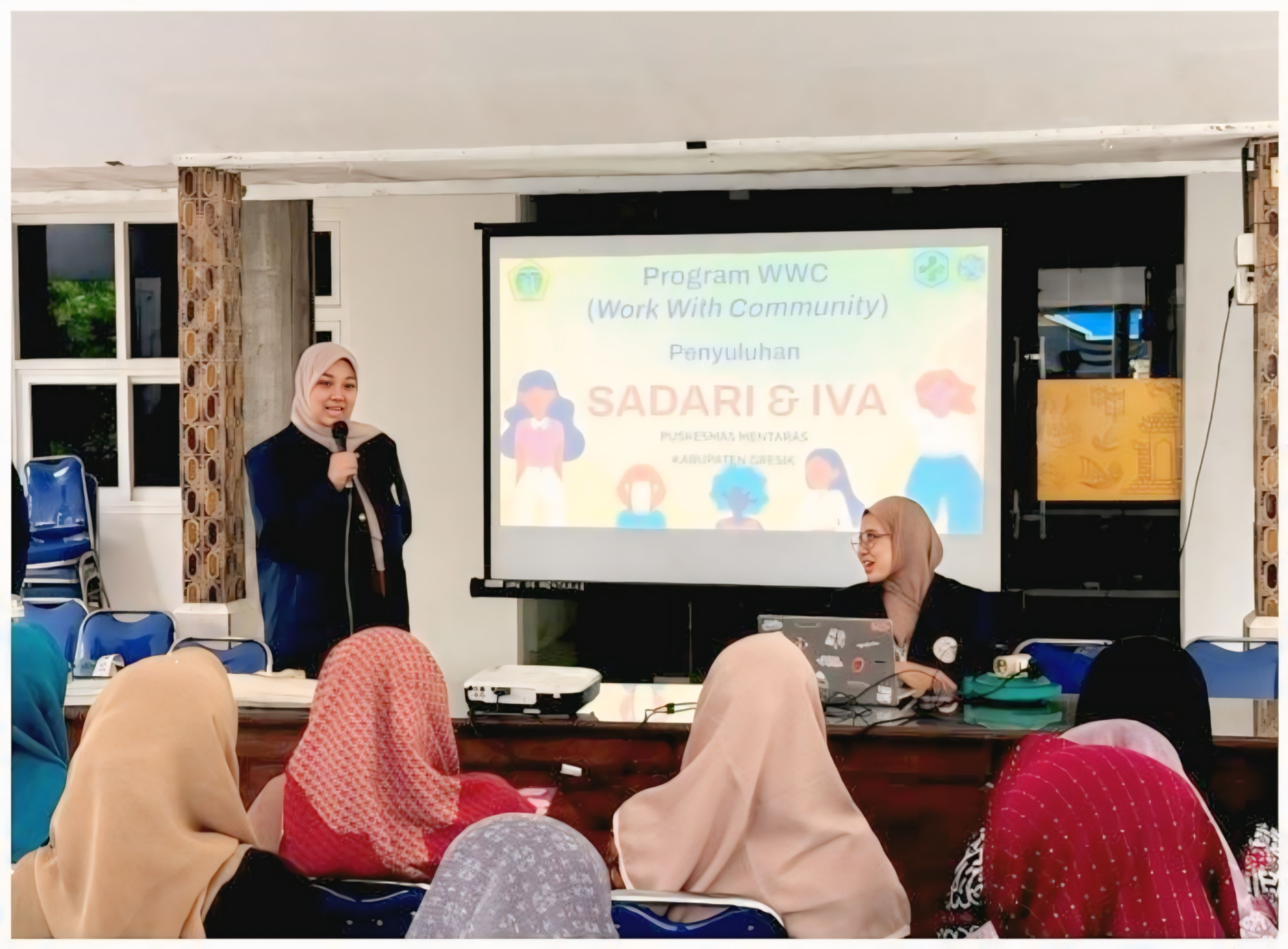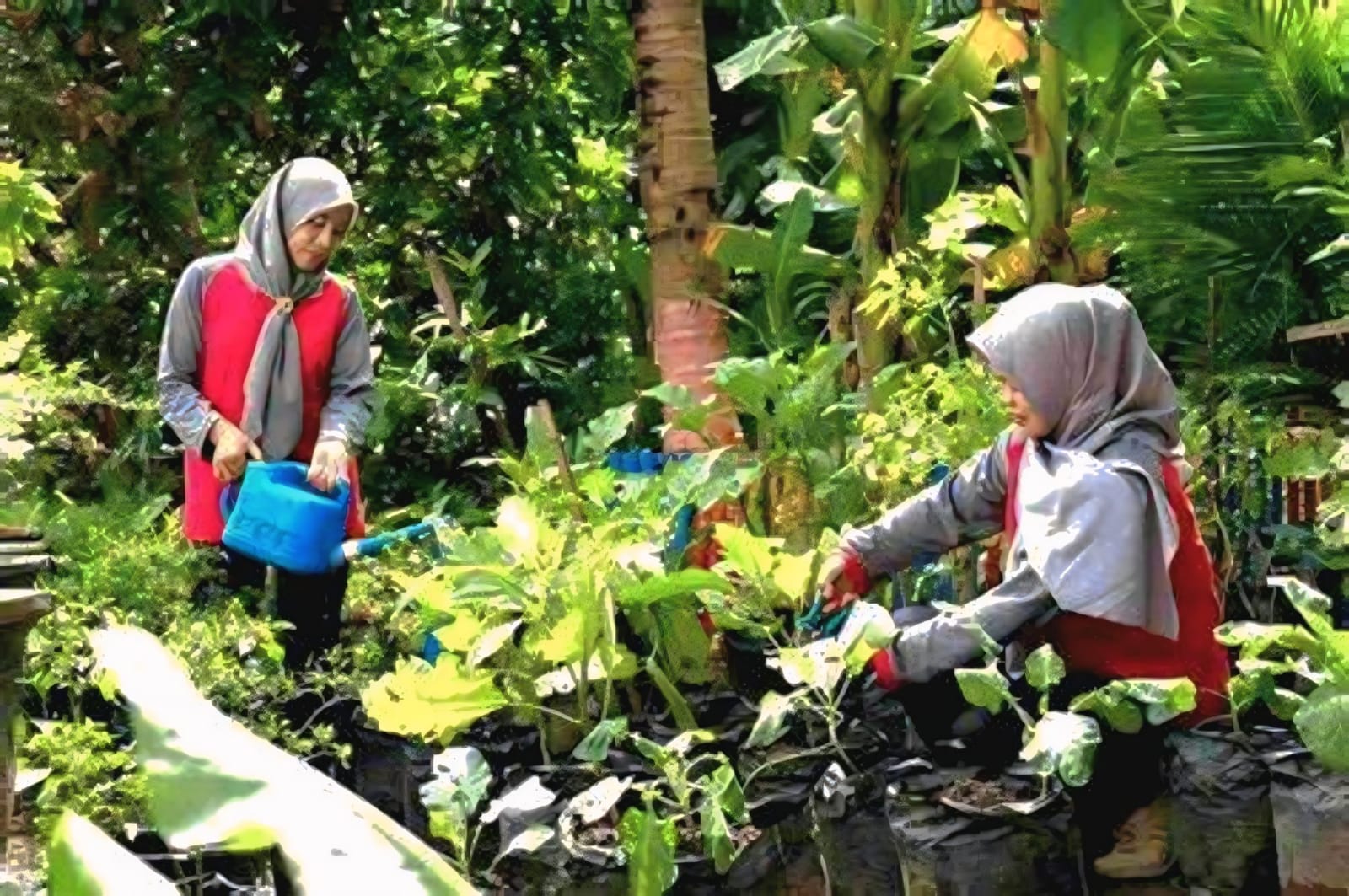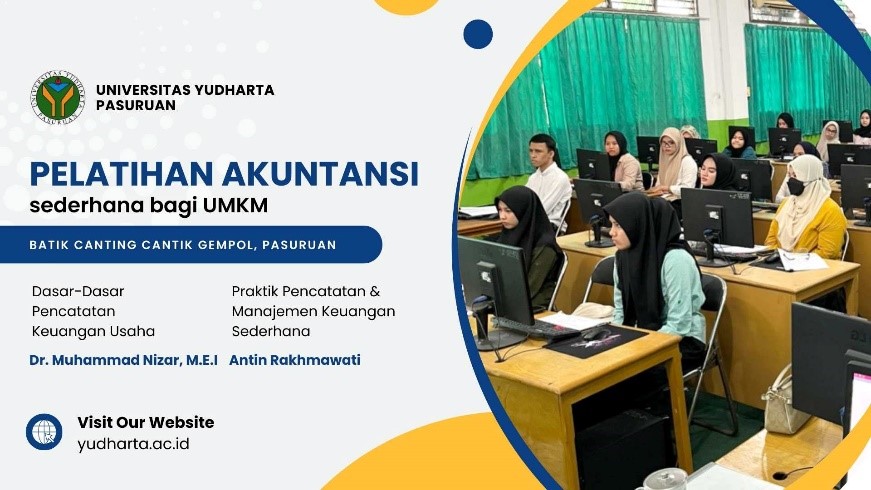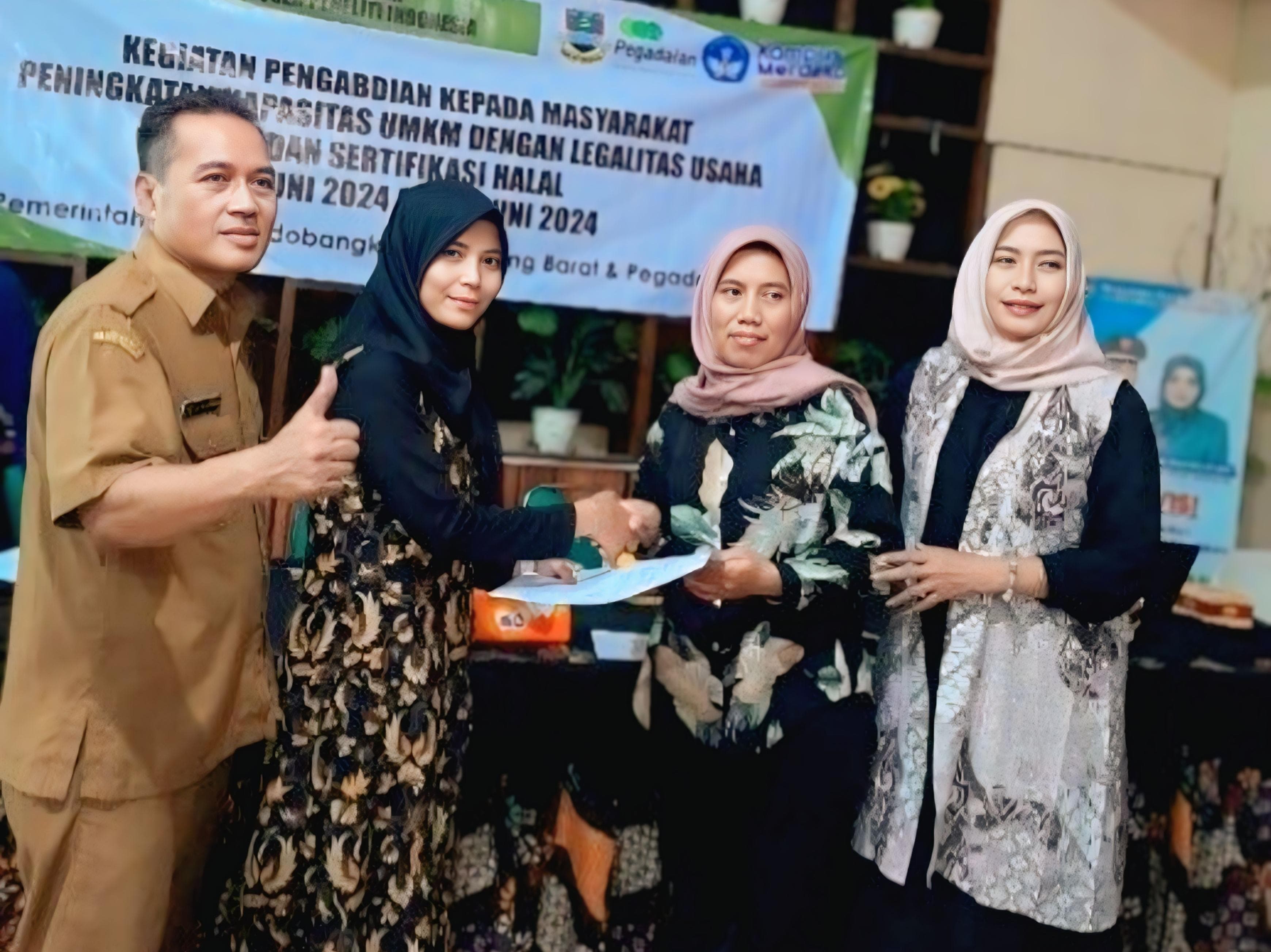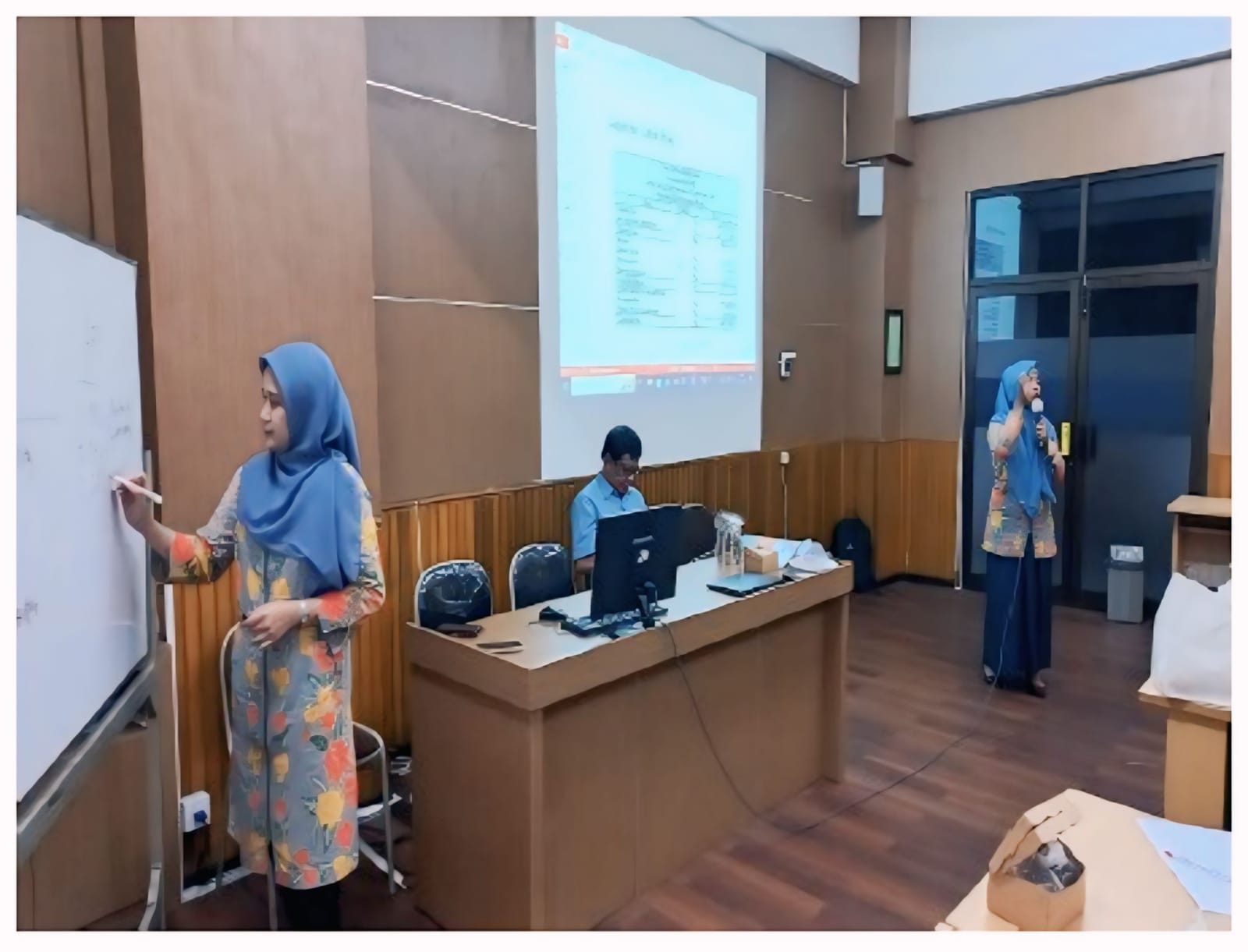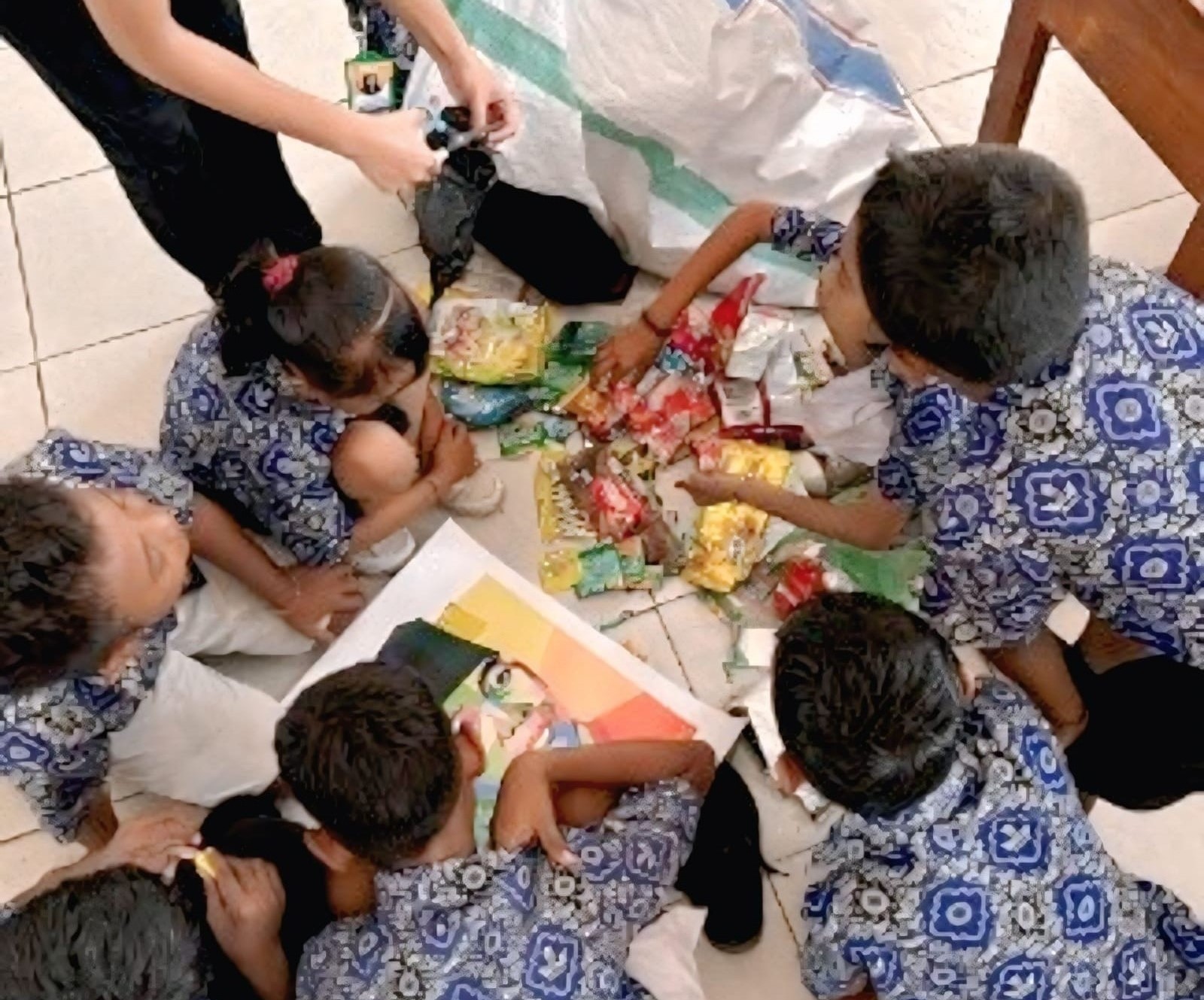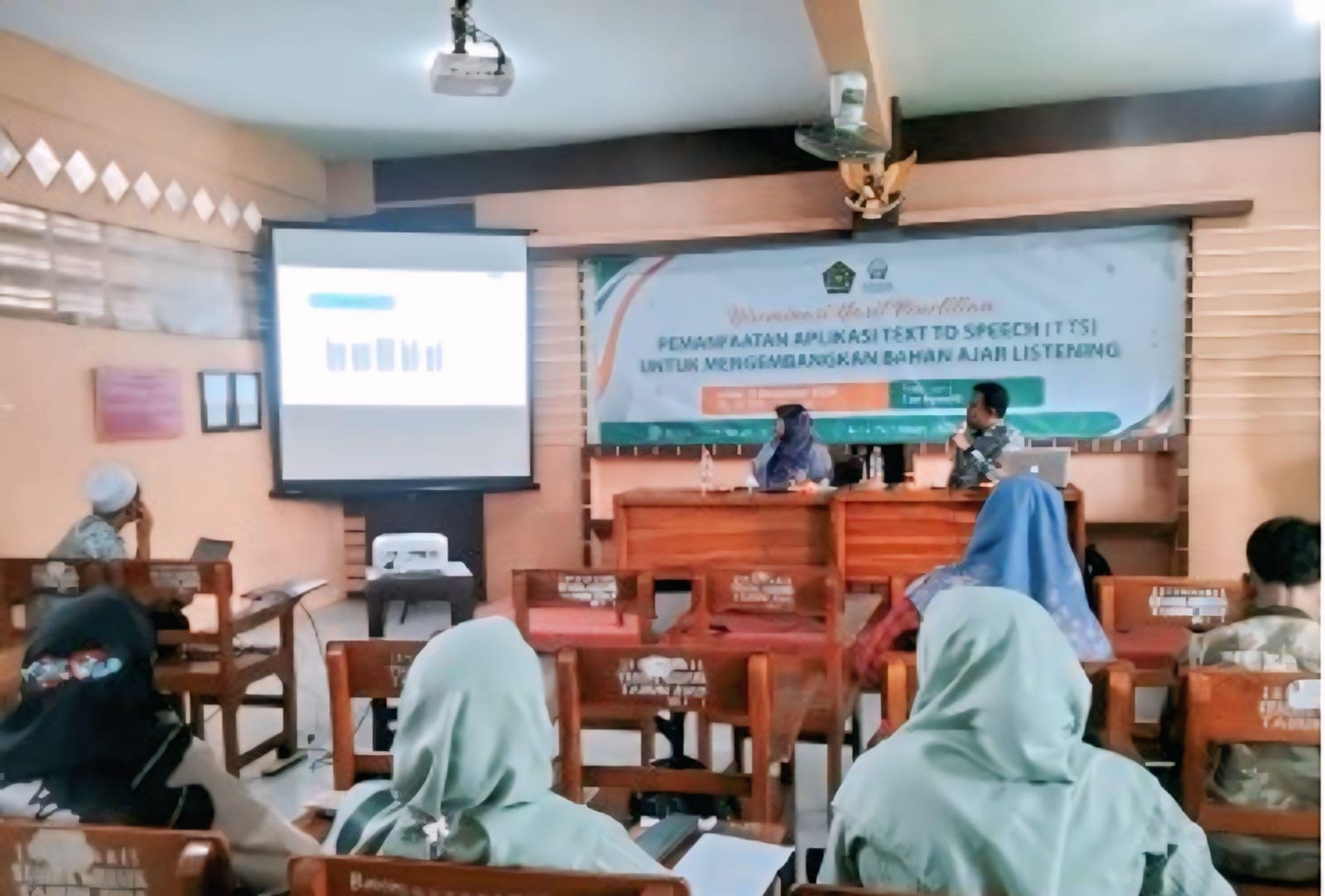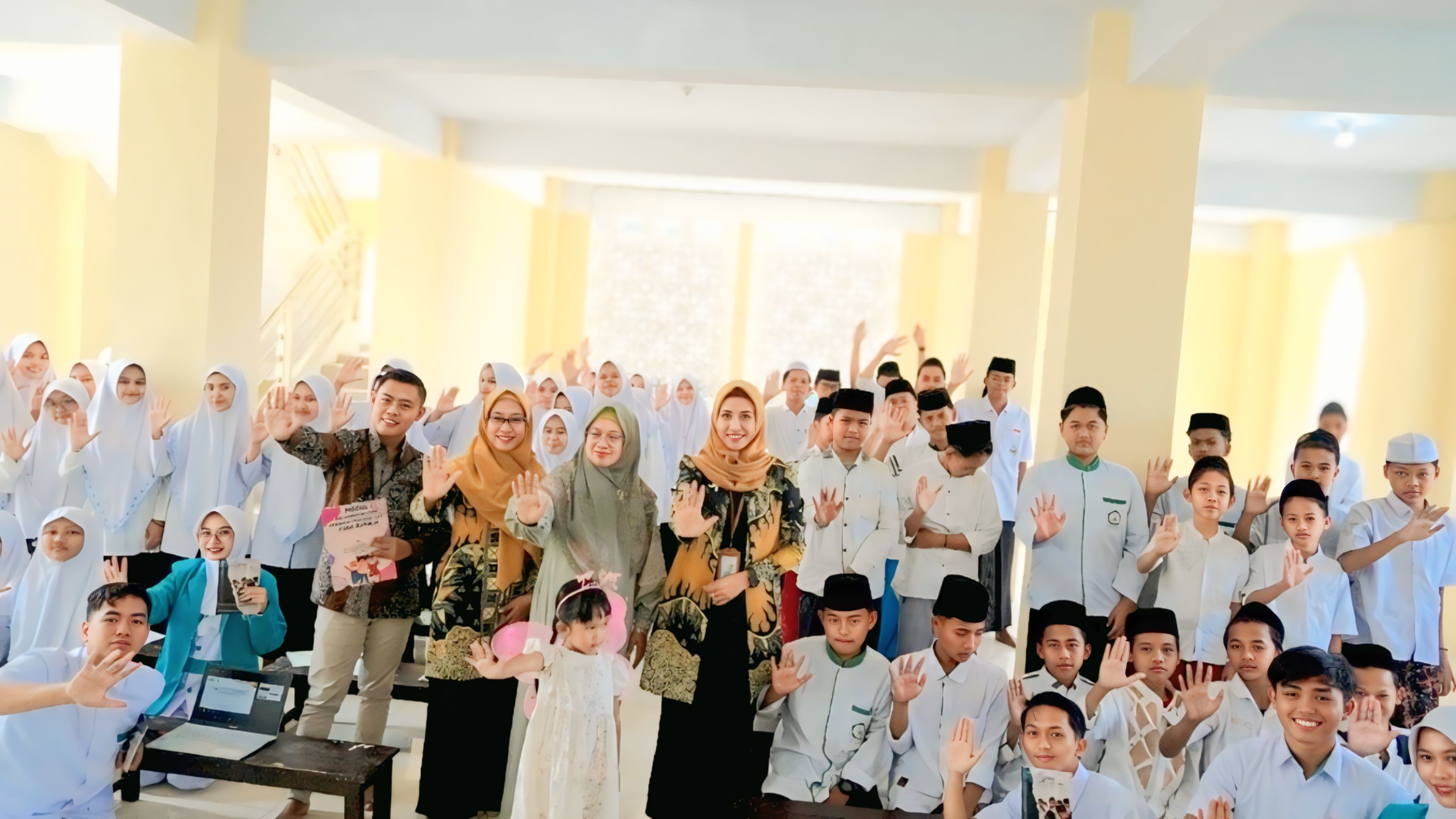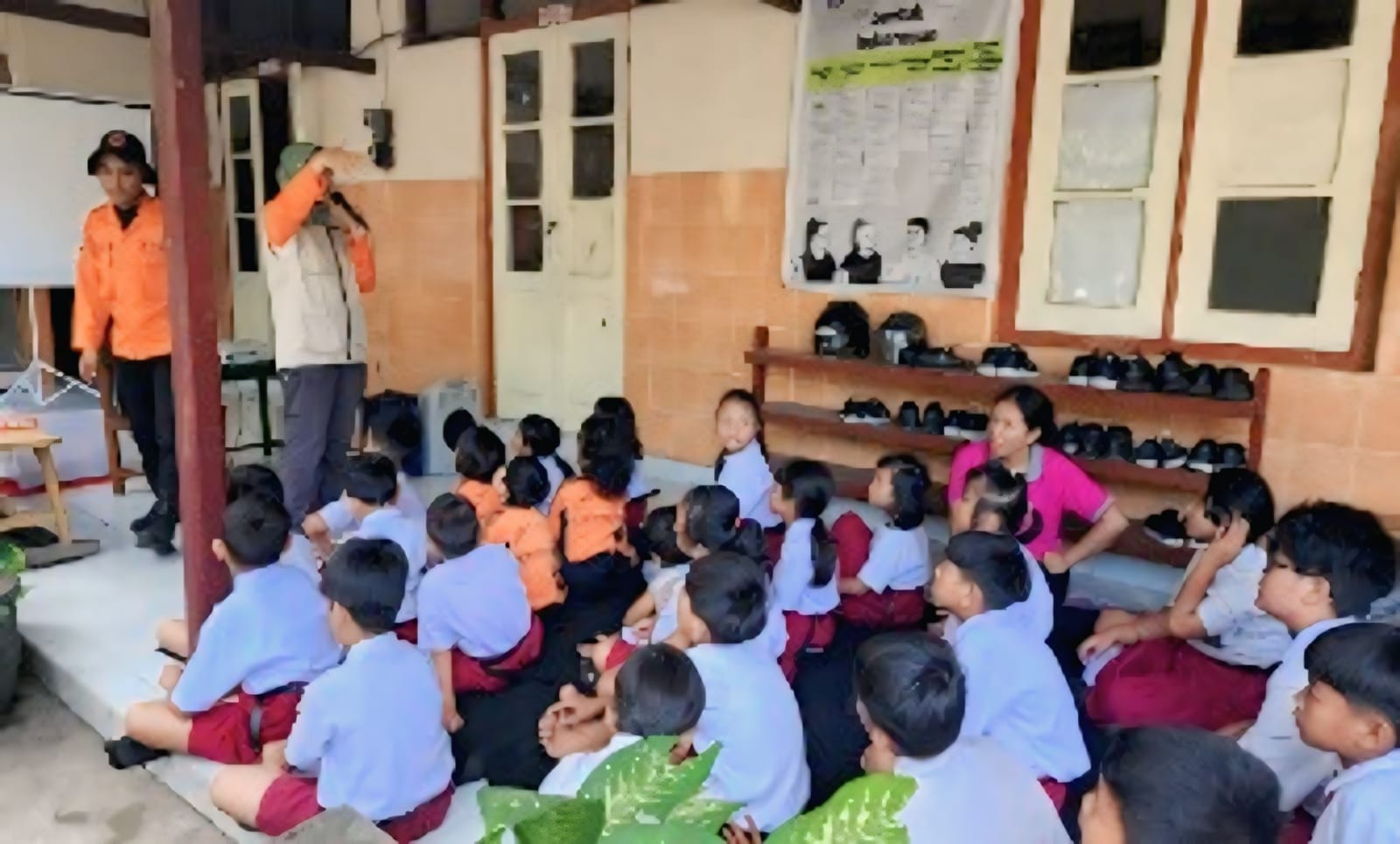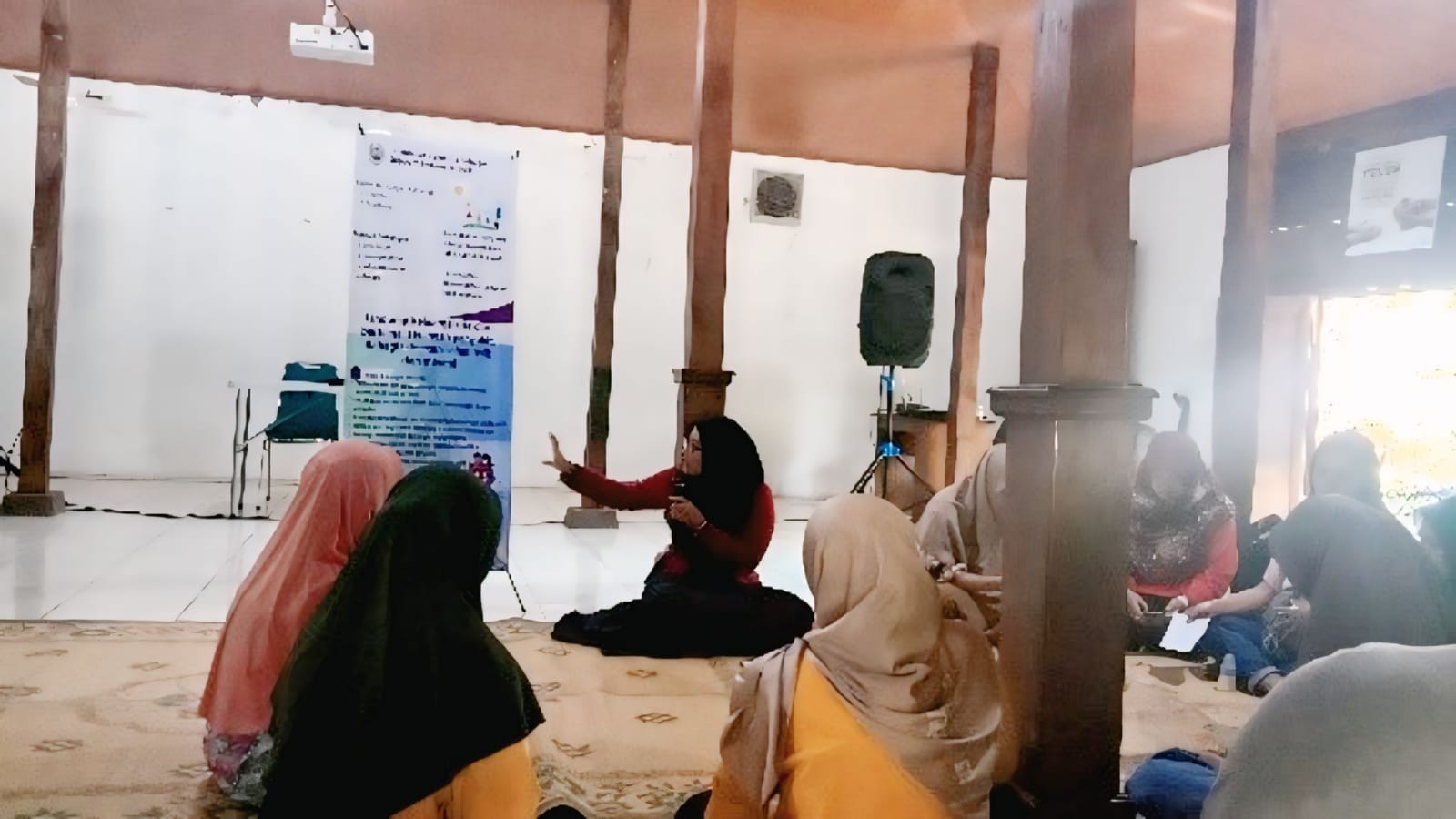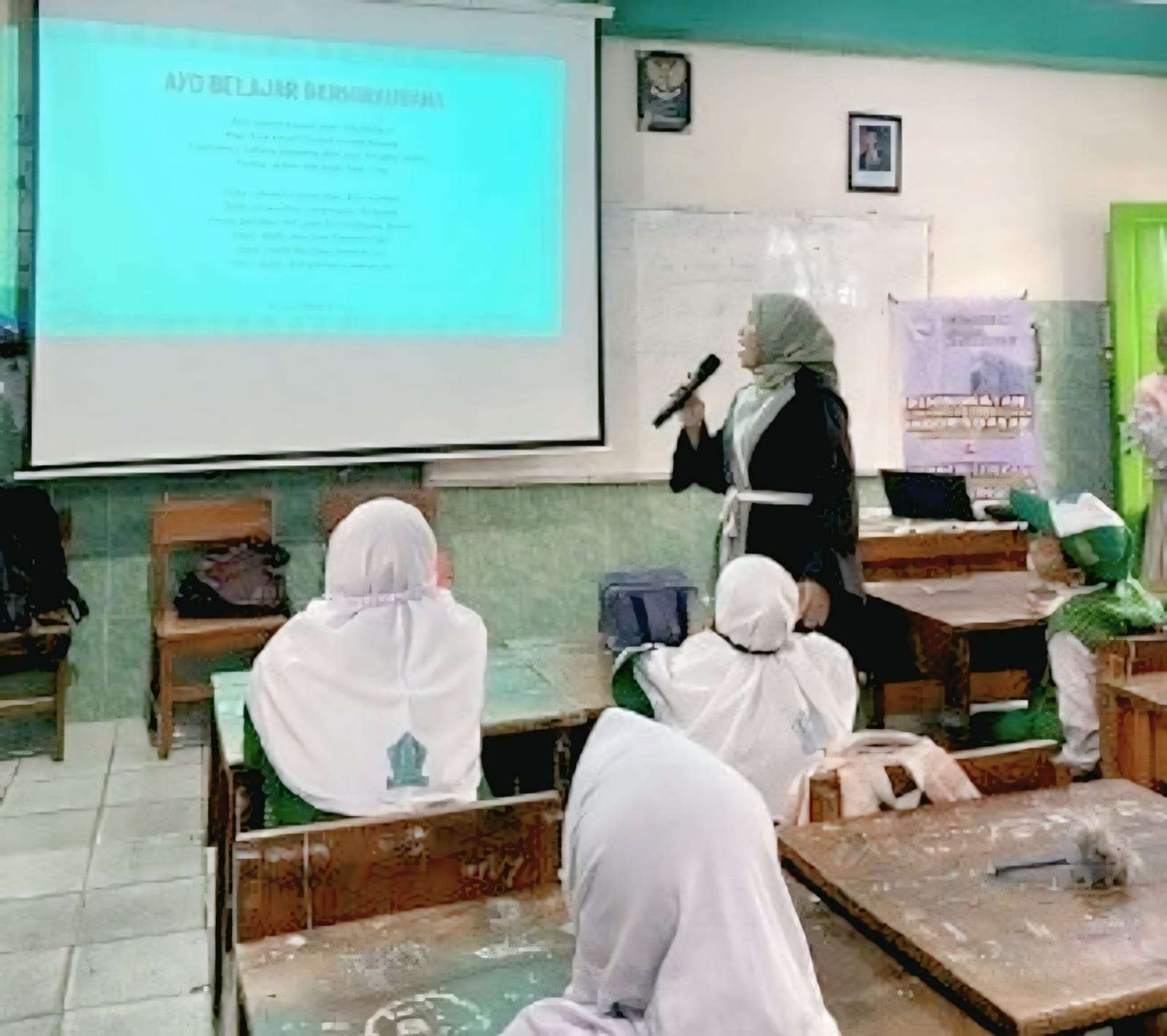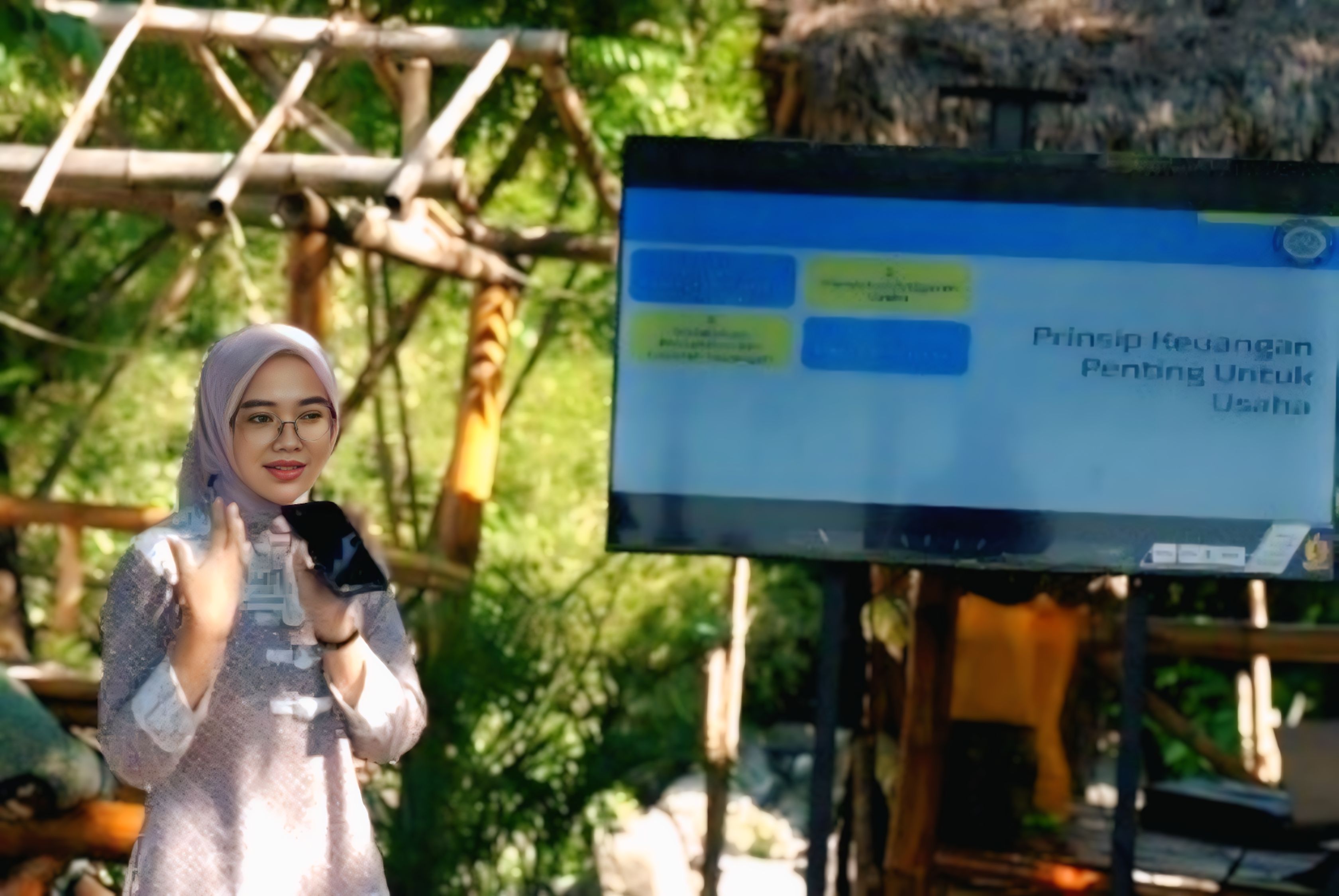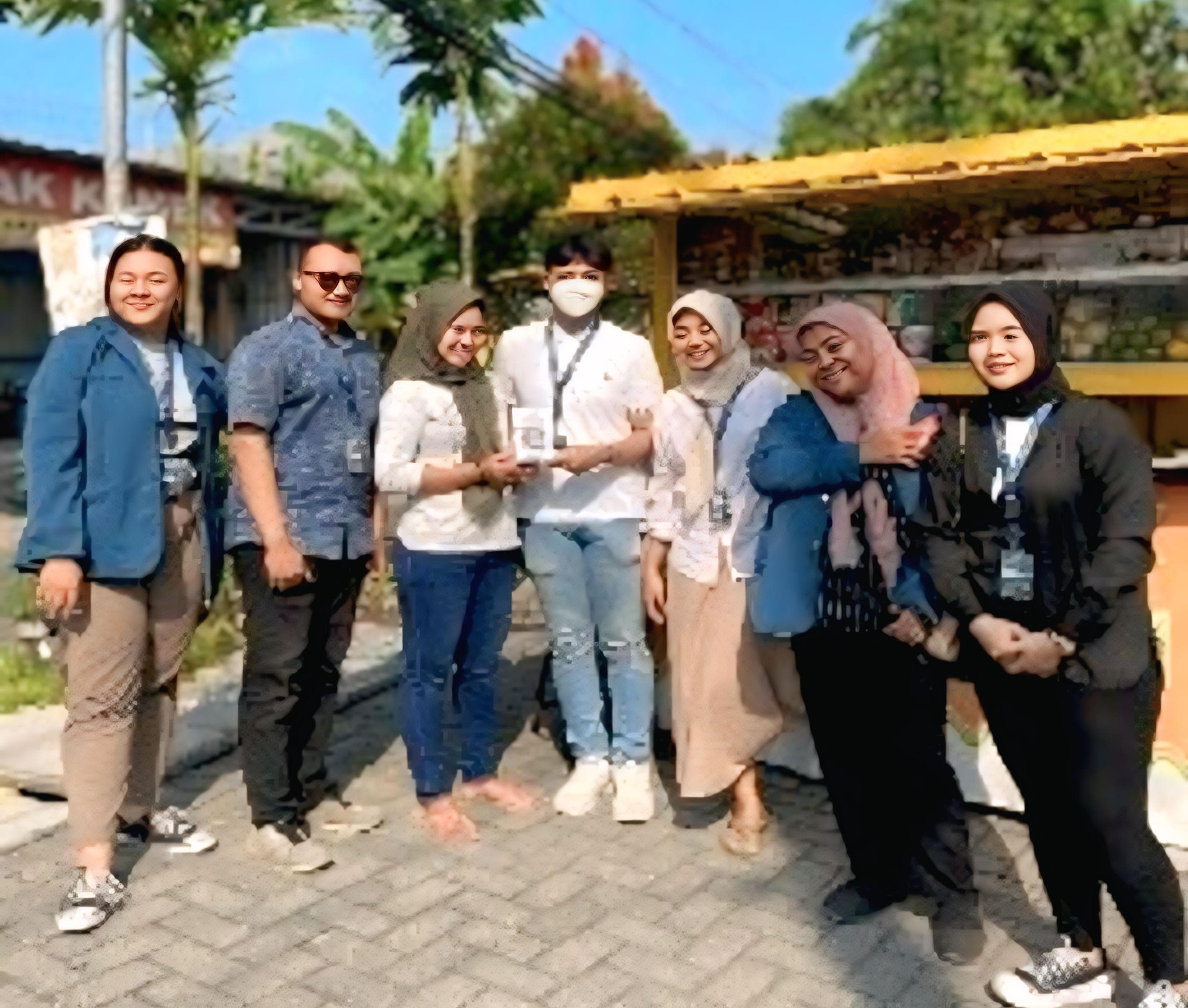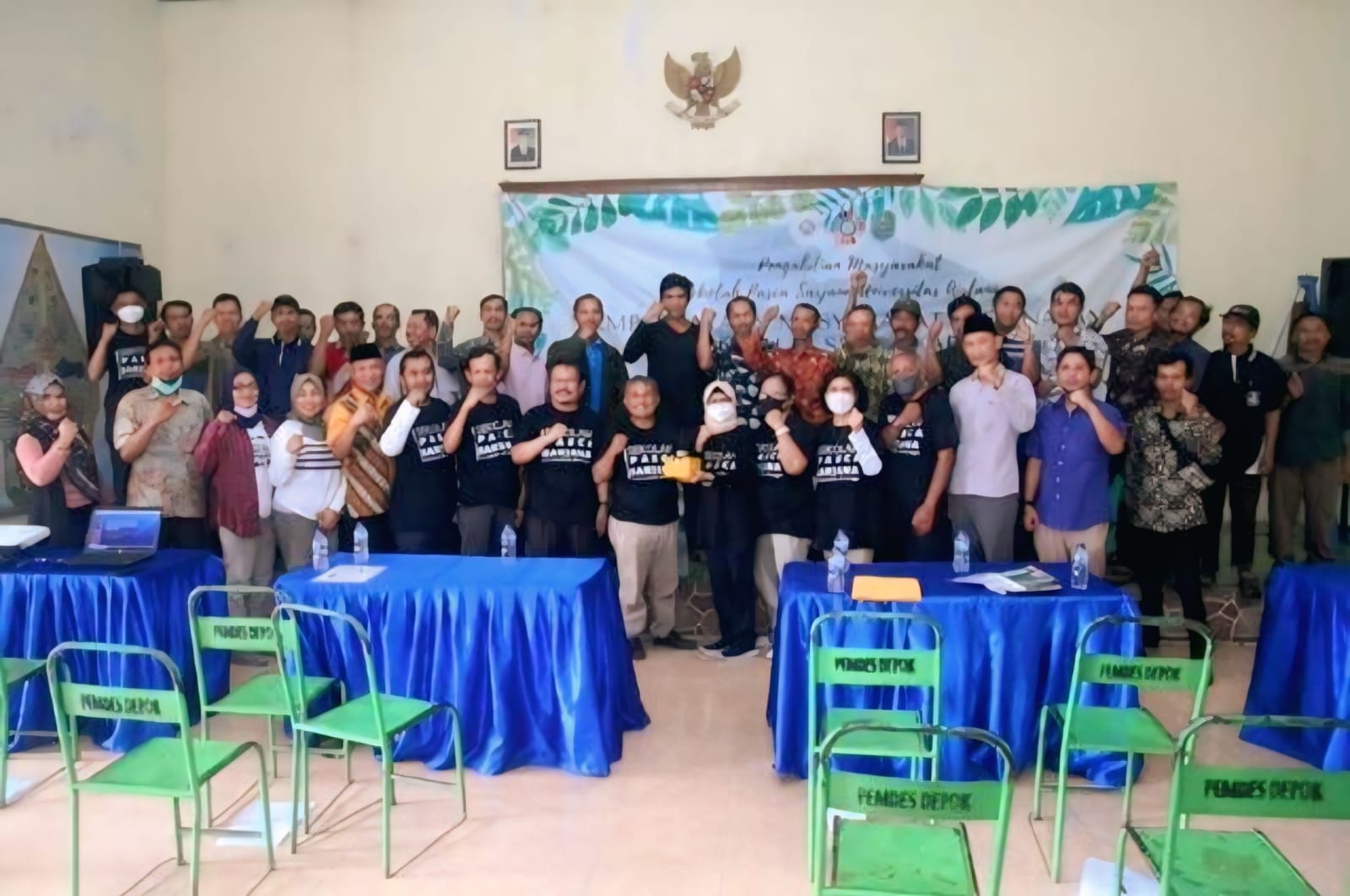Editorial Policies
- Focus and Scope
- Section Policies
- Peer Review Process
- Publication Frequency
- Open Access Policy
- Archiving
- Publication Ethics
- Plagiarism Screening
- Article Processing Charge
FOCUS AND SCOPE
Darmabakti Cendekia: Journal of Community Service and Engagements focus on community service and engagements. This journal has scopes such as :
- Health fields (health promotion, radiology, traditional medicine, medicine laboratory technology, occupational health and safety, dental laboratory technique, physiotherapy, public health, and veterinary public health)
- Social-economic fields (applied business and economy, taxation, banking, tourism and hospitality)
- Applied sciences (training and education, management of information systems and library science)
Darmabakti Cendekia accepts submission from all over the world. All accepted articles will be published on an open access basis and will be freely available to all readers with worldwide visibility and coverage.
SECTION POLICIES
ARTICLES
PEER REVIEW PROCESS
In the reviewing process, there are at least two reviewers for each manuscript for the related topic. All of the reviewing processes is done by way of a double anonymous peer review and is managed by the editor. Judgment from the first reviewer will be the main priority on which the editor will make their decisions, if there is different decision between two reviewers. Two or three weeks will be needed for reviewers to complete one round of the reviewing process. The manuscript review process usually takes (on average) 8 weeks
Generally, the candidate of the reviewers will be chosen based on their reputation in the international publication number and the study quality. For the next step, the editor sends an invitation letter to each candidate of the reviewer. After the candidate of the reviewer has been informed of their availability for the reviewing process, the editor can create an account for each reviewer and then send the manuscript by OJS.
PUBLICATION FREQUENCY
Darmabakti Cendekia: Journal of Community Service and Engagements is published with a frequency of 2 (two) times a year in June and December.
OPEN ACCESS POLICY
This journal provides immediate open access to its content on the principle that making research freely available to the public supports a greater global exchange of knowledge.
ARCHIVING
This journal utilizes the CLOCKSS systems to create a distributed archiving system among participating libraries and permits those libraries to create permanent archives of the journal for purposes of preservation and restoration.
PUBLICATION ETHICS
Publication Ethics Statement
Darmabakti Cendekia: Journal of Community Service and Engagements is a peer-reviewed electronic journal. This statement clarifies ethical behavior of all parties involved in the act of publishing an article in this journal, including the author, the chief editor, the Editorial Board, the peer-reviewer and the publisher (Universitas Airlangga). This statement is based on COPE's Best Practice Guidelines for Journal Editors.
Ethical Guideline for Journal Publication
The publication of an article in a peer-reviewed Darmabakti Cendekia: Journal of Community Service and Engagements is an essential building block in the development of a coherent and respected network of knowledge. It is a direct reflection of the quality of the work of the authors and the institutions that support them. Peer-reviewed articles support and embody the scientific method. It is therefore important to agree upon standards of expected ethical behavior for all parties involved in the act of publishing: the author, the journal editor, the peer reviewer, the publisher, and the society.
Department of Health, Faculty of Vocational Education, Universitas Airlangga as the publisher of Darmabakti Cendekia: Journal of Community Service and Engagements takes its duties of guardianship over all stages of publishing extremely seriously and we recognize our ethical and other responsibilities. We are committed to ensuring that advertising, reprint or other commercial revenue has no impact or influence on editorial decisions. Editorial Board will assist in communications with other journals and/or publishers where this is useful and necessary.
Publication decisions
The editor of Darmabakti Cendekia: Journal of Community Service and Engagements is responsible for deciding which of the articles submitted to the journal should be published. The validation of the work in question and its importance to researchers and readers must always drive such decisions. The editors may be guided by the policies of the journal's editorial board and constrained by such legal requirements as shall then be in force regarding libel, copyright infringement and plagiarism. The editors may confer with other editors or reviewers in making this decision.
Fair play
An editor at any time evaluates manuscripts for their intellectual content without regard to race, gender, sexual orientation, religious belief, ethnic origin, citizenship, or political philosophy of the authors.
Confidentiality
The editor and any editorial staff must not disclose any information about a submitted manuscript to anyone other than the corresponding author, reviewers, potential reviewers, other editorial advisers, and the publisher, as appropriate.
Disclosure and conflicts of interest
Unpublished materials disclosed in a submitted manuscript must not be used in an editor's own research without the express written consent of the author.
Duties of Authors
1. Reporting Standards: Authors should present an accurate account of the original research performed as well as an objective discussion of its significance. Researchers should present their results honestly and without fabrication, falsification or inappropriate data manipulation. A manuscript should contain sufficient detail and references to permit others to replicate the work. Fraudulent or knowingly inaccurate statements constitute unethical behavior and are unacceptable. Manuscripts should follow the submission guidelines of the journal.
2. Originality and Plagiarism: Authors must ensure that they have written entirely original work. The manuscript should not be submitted concurrently to more than one publication unless the editors have agreed to co-publication. Relevant previous work and publications, both by other researchers and the authors' own, should be properly acknowledged and referenced. The primary literature should be cited where possible. Original wording taken directly from publications by other researchers should appear in quotation marks with the appropriate citations.
3. Multiple, Redundant, or Concurrent Publications: Author should not, in general, submit the same manuscript to more than one journal concurrently. It is also expected that the author will not publish redundant manuscripts or manuscripts describing the same research in more than one journal. Submitting the same manuscript to more than one journal concurrently constitutes unethical publishing behavior and is unacceptable. Multiple publications arising from a single research project should be clearly identified as such and the primary publication should be referenced
4. Acknowledgment of Sources: Authors should acknowledge all sources of data used in the research and cite publications that have been influential in determining the nature of the reported work. Proper acknowledgment of the work of others must always be given.
5. Authorship of the Paper: The authorship of research publications should accurately reflect individuals' contributions to the work and its reporting. Authorship should be limited to those who have made a significant contribution to conception, design, execution or interpretation of the reported study. Others who have made a significant contribution must be listed as co-authors. In cases where major contributors are listed as authors while those who made less substantial, or purely technical, contributions to the research or to the publication are listed in an acknowledgment section. Authors also ensure that all the authors have seen and agreed to the submitted version of the manuscript and their inclusion of names as co-authors.
6. Disclosure and Conflicts of Interest: All authors should clearly disclose in their manuscript any financial or other substantive conflicts of interest that might be construed to influence the results or interpretation of their manuscript. All sources of financial support for the project should be disclosed.
7. Fundamental Errors in Published Works: If the author discovers a significant error or inaccuracy in the submitted manuscript, then the author should promptly notify the journal editor or publisher and cooperate with the editor to retract or correct the paper.
8. Hazards and Human or Animal Subjects: The author should clearly identify in the manuscript if the work involves chemicals, procedures or equipment that have any unusual hazards inherent in their use.
Duties of Editor
1. Publication Decisions: Based on the review report of the editorial board, the editor can accept, reject, or request modifications to the manuscript. The validation of the work in question and its importance to researchers and readers must always drive such decisions. The editors may be guided by the policies of the journal's editorial board and constrained by such legal requirements as shall then be in force regarding libel, copyright infringement and plagiarism. The editors may confer with other editors or reviewers in making this decision. Editors have to take responsibility for everything they publish and should have procedures and policies in place to ensure the quality of the material they publish and maintain the integrity of the published record.
2. Review of Manuscripts: Editor must ensure that each manuscript is initially evaluated by the editor for originality. The editor should organize and use peer review fairly and wisely. Editors should explain their peer review processes in the information for authors and also indicate which parts of the journal are peer-reviewed. The editor should use appropriate peer reviewers for papers that are considered for publication by selecting people with sufficient expertise and avoiding those with conflicts of interest.
3. Fair Play: The editor must ensure that each manuscript received by the journal is reviewed for its intellectual content without regard to sex, gender, race, religion, citizenship, etc. of the authors. An important part of the responsibility to make fair and unbiased decisions is the upholding of the principle of editorial independence and integrity. Editors are in a powerful position by making decisions on publications, which makes it very important that this process is as fair and unbiased as possible.
4. Confidentiality: The editor must ensure that information regarding manuscripts submitted by the authors is kept confidential. Editors should critically assess any potential breaches of data protection and patient confidentiality. This includes requiring properly informed consent for the actual research presented, consent for publication where applicable.
5. Disclosure and Conflicts of Interest: The editor of the Journal will not use unpublished materials disclosed in a submitted manuscript for his own research without the written consent of the author. Editors should not be involved in decisions about papers in which they have a conflict of interest.
Duties of Reviewers
1. Confidentiality: Information regarding manuscripts submitted by authors should be kept confidential and be treated as privileged information. They must not be shown to or discussed with others except as authorized by the editor.
2. Acknowledgment of Sources: Reviewers must ensure that authors have acknowledged all sources of data used in the research. Reviewers should identify relevant published work that has not been cited by the authors. Any statement that an observation, derivation, or argument had been previously reported should be accompanied by the relevant citation. The reviewers should notify the journal immediately if they come across any irregularities, have concerns about ethical aspects of the work, are aware of substantial similarity between the manuscript and a concurrent submission to another journal or a published article, or suspect that misconduct may have occurred during either the research or the writing and submission of the manuscript; reviewers should, however, keep their concerns confidential and not personally investigate further unless the journal asks for further information or advice.
3. Standards of Objectivity: Review of submitted manuscripts must be done objectively and the reviewers should express their views clearly with supporting arguments. The reviewers should follow journals' instructions on the specific feedback that is required of them and unless there are good reasons not to. The reviewers should be constructive in their reviews and provide feedback that will help the authors to improve their manuscript. The reviewer should make clear which suggested additional investigations are essential to support claims made in the manuscript under consideration and which will just strengthen or extend the work
4. Disclosure and Conflict of Interest: Privileged information or ideas obtained through peer review must be kept confidential and not used for personal advantage. Reviewers should not consider manuscripts in which they have conflicts of interest resulting from competitive, collaborative, or other relationships or connections with any of the authors, companies, or institutions connected to the papers. In the case of double-blind review, if they suspect the identity of the author(s) notify the journal if this knowledge raises any potential conflict of interest.
5. Promptness: The reviewers should respond in a reasonable time-frame. The reviewers only agree to review a manuscript if they are fairly confident they can return a review within the proposed or mutually agreed time-frame, informing the journal promptly if they require an extension. In the event that a reviewer feels it is not possible for him/her to complete review of manuscript within stipulated time then this information must be communicated to the editor so that the manuscript could be sent to another reviewer.
PLAGIARISM SCREENING
To avoid plagiarism, all submissions are screened using Turnitin before undergo the review processes.
Plagiarism-free works should match these requirements:
1. Writing that quoting writings of others (by quoting indirectly) that has been well paraphrased, by making one's own words, instead of performing copy and paste or typing the original source word-by-word, and write down the reading sources according to the rules of scientific writing.
2. Writing with a direct quotation, by quoting the exact same words as the original writings should apply quotation marks (for writing that less than 40 words), or if the quote consists of over than 40 words, the paragraphs should be notched and apply different font size.
3. Mentioning the original source of other people's ideas that are being used, whether from published or unpublished writing, both from an oral or written source, in any form of media
4. Manuscript with similarity rate more than 20% will be returned immediately to the author(s)
ARTICLE PROCESSING CHARGE
Every article submitted to Darmabakti Cendekia: Journal of Community Service and Engagements does not charge any 'Submission and 'Article Processing Fees'. This includes peer-reviewing, editing, publishing, maintaining and archiving, and allow immediate access to the full-text versions of the article.
a. Article Submission Fee : IDR 0 / USD 0
No charge for manuscript submission
b. Article Processing Charge: IDR 0 / USD 0
No charge for article processing charge



